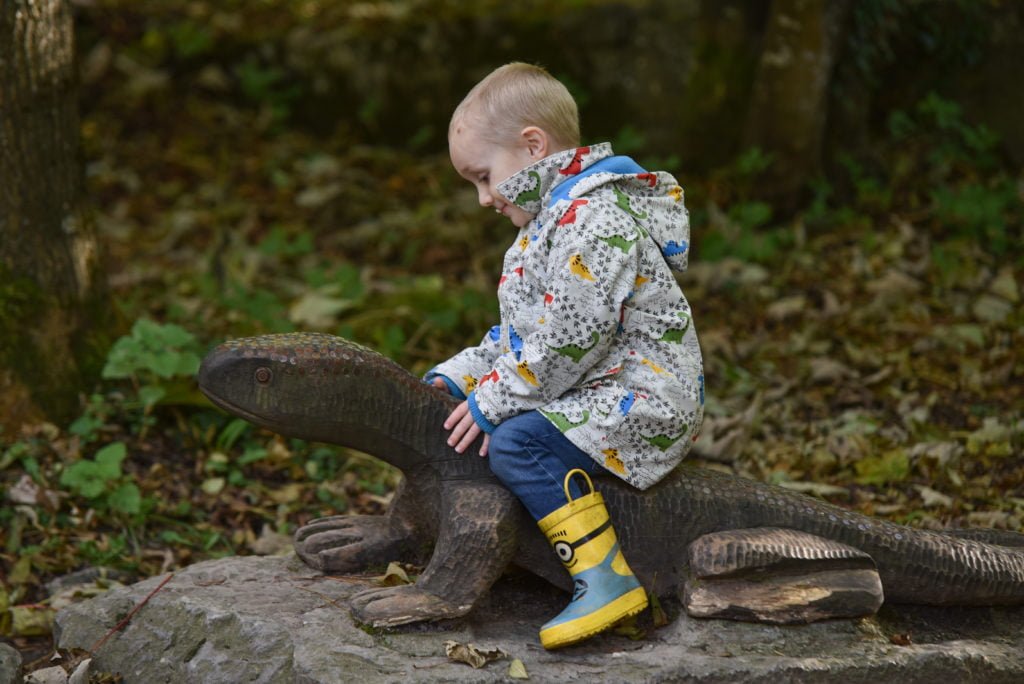The nationwide survey of parents of under-six year-olds discovered that the inquisitive little darlings will each ask their parents a WHOPPING 55 questions every single day of the summer holidays – that’s 2310 questions per child over the six week summer break.
One of the most frequent questions mum and dads will be asked this summer, perhaps unsurprisingly, is ‘are we nearly there yet?’ (55 percent). Also on the list of the most common questions kids will ask is the classic ‘why?’ (69 percent) and, more specifically, ‘why can’t I stay up late?’ (44 percent).

It’s not just the obvious, repetitive inquiries which turn our infants into mini Jeremy Paxmans. The study also revealed that the UK’s children are asking some of the world’s biggest (and trickiest) questions from a very young age.
Parents and grandparents will be challenged with questions that the world’s greatest philosophers and scientists have struggled to answer, such as ‘what happens when you die?’ (25 percent), ‘why do we need to sleep’ (38 percent), ‘what happens when you dream?’ (20 percent) and ‘who is God?’ (17 percent).

Also on the list was the ever practical ‘how does Father Christmas get down the chimney?’ (29 percent), and ‘how do you get rid of hiccups?’ (22 percent).
The study, by TV show Daisy & Ollie, also found that, when faced with a question they struggle to answer, half of parents instantly turn to google, 27 percent try and deflect the harder ones to another parent, and 14 percent admit to telling white lies.
Nine in 10 mums and dads admit they’ll LIE in response to certain questions that will be put to them over the summer, with the average British parent set to fib to their kids 11 times a week in response to tricky questions.

The research found that parents go to all kinds of lengths to get out of answering difficult questions. Almost four in 10 (38 percent) frequently deflect a question by asking them one back, a quarter have distracted children with food or toys to avoid answering, and 18 percent have pretended simply not to have heard the question.
The study found that inquisitive children are motivating their parents to find out more about the world around them, as 45 percent say that not knowing motivates them to find out the answer.
Also, while a fifth of parents are disappointed to discover they can’t answer their children’s questions, 22 percent are inspired or impressed by their child’s inquisitiveness.
Child development expert Dr Jacqueline Harding MA Cert Ed SFHEA, comments: “In childhood, asking questions is key to making great strides in cognitive growth. There’s no doubt that the more questions children ask – the more they learn and then the more curious they become which leads to yet more questions!

“There’s simply no getting away from it – spending time listening to your child’s questions and attempting to answer them (where possible) can create great leaps in learning. TV shows like Daisy & Ollie might just offer some of the help to answering those difficult questions that children and parents are seeking.”
Top twenty most common questions
1. Why? 69%
2. Are we nearly there yet? 55%
3. Why can’t I stay up late? 44%
4. Why do I have to go to school? 39%
5. Why do we need to sleep? 38%
6. How come you’re allowed that and I’m not? 37%
7. How did I get into your tummy? 36%
8. Why do I need to eat vegetables? 31%
9. Where do babies come from? 31%
10. Why do we have to wash? 29%
11. How does Father Christmas get down the chimney? 29%
12. Why is the sky blue? 28%
13. Why do people die? 26%
14. Why do we need a haircut? 23%
15. What are clouds made of? 23%
16. Where did the dinosaurs go? 22%
17. What happens when you die? 22%
18. How do you stop the hiccups? 22%
19. How many stars are in the sky? 20%
20. Why do we dream? 20%

What questions have you been asked so far this summer?


4 comments
If you’re into driving, you seriously need to check out this school. They make learning pretty chill and effective. Plus, for those wanting to convert notes or documents, there’s a handy tool for that too—https://markdowntodocx.net https://airemove.org.